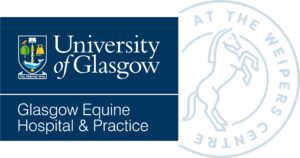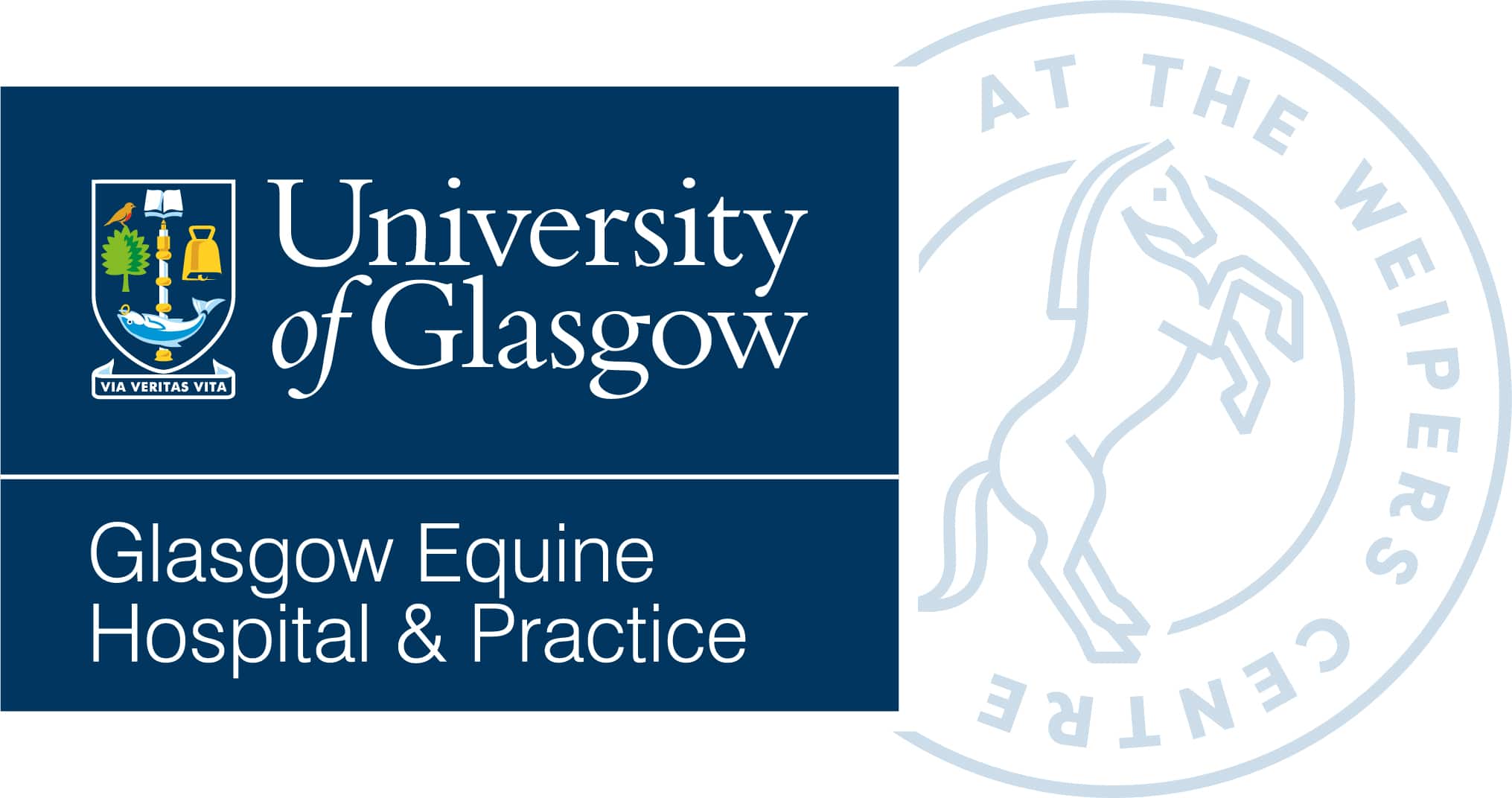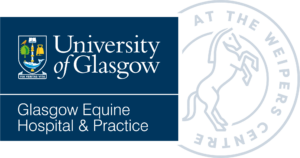COVID-19 Outbreak: Altered Procedures for Receiving Cases
First Opinion Practice
Following the updated advice from Holyrood and Westminster we are able, with certain restrictions, to offer certain services that have been on hold. This includes routine dentistry, lameness examinations and pre-purchase examinations (vettings). Covid-19 risks will be discussed prior to the appointment and a non-written risk assessment will be performed at the appointment. Please let us know in advance of the appointment if you or a member of your household have symptoms of Covid-19 or are self-isolating and we can discuss the necessary arrangements to treat your horse.
In particular please note:
- Please remain 2 metres from our team at all times– please don’t take offence
if we walk backwards away from you! - With some horses some procedures can be performed with them being tied
up - In some cases sedation can be used to reduce risk
- If social distancing is not possible we will ask you to wear a mask (which we
can provide) - Some procedures that are often performed on yards may need to be
performed at the hospital to allow us to do them safely. This may change
week to week depending on the advice at the time.
Receiving Elective Cases
- Owners should have been informed that their horse must be unloaded in the isolation yard; they will contact reception on arrival, which will direct them to the yard and inform the clinician.
- The owner’s headcollar/bridle must be swapped for one of the hospital’s in the large animal isolation box. All rugs and travelling bandages are to be removed as none are to be brought into the hospital. No rugs, feed or equipment is to be left with any horse admitted to the hospital.
- The horse will be led from the Isolation Yard to the hospital. The client should not accompany the horse and therefore communication will mainly be by phone (e.g. taking a detailed history).
- The farrier will work from the isolation yard when in attendance.
Receiving Emergency Cases
- These should be judged on a case-by-case basis but direct contact with the owner and potential fomites must be minimised, e.g. unload in car park, swap headcollar just inside horse entrance, wear gloves.


